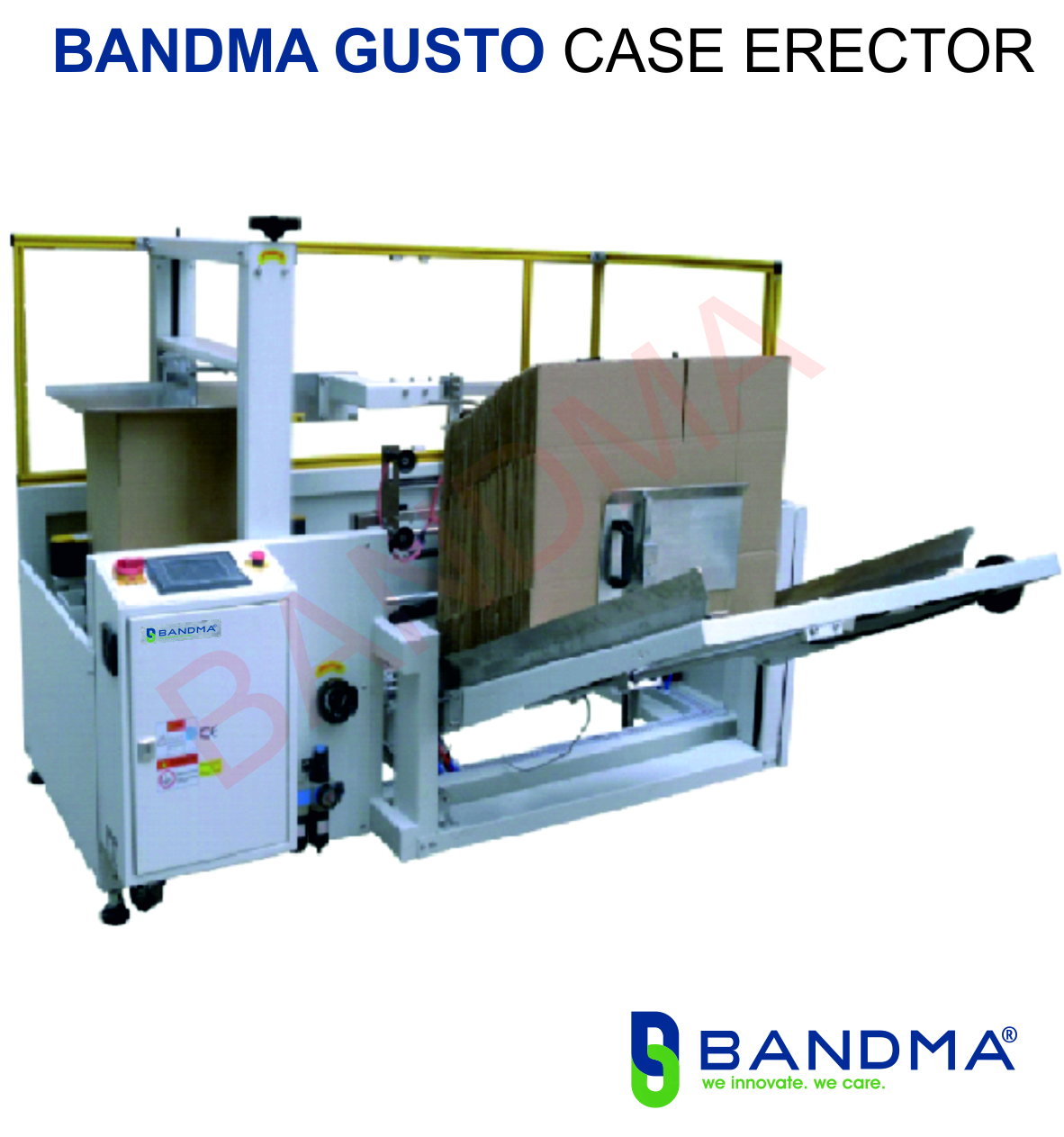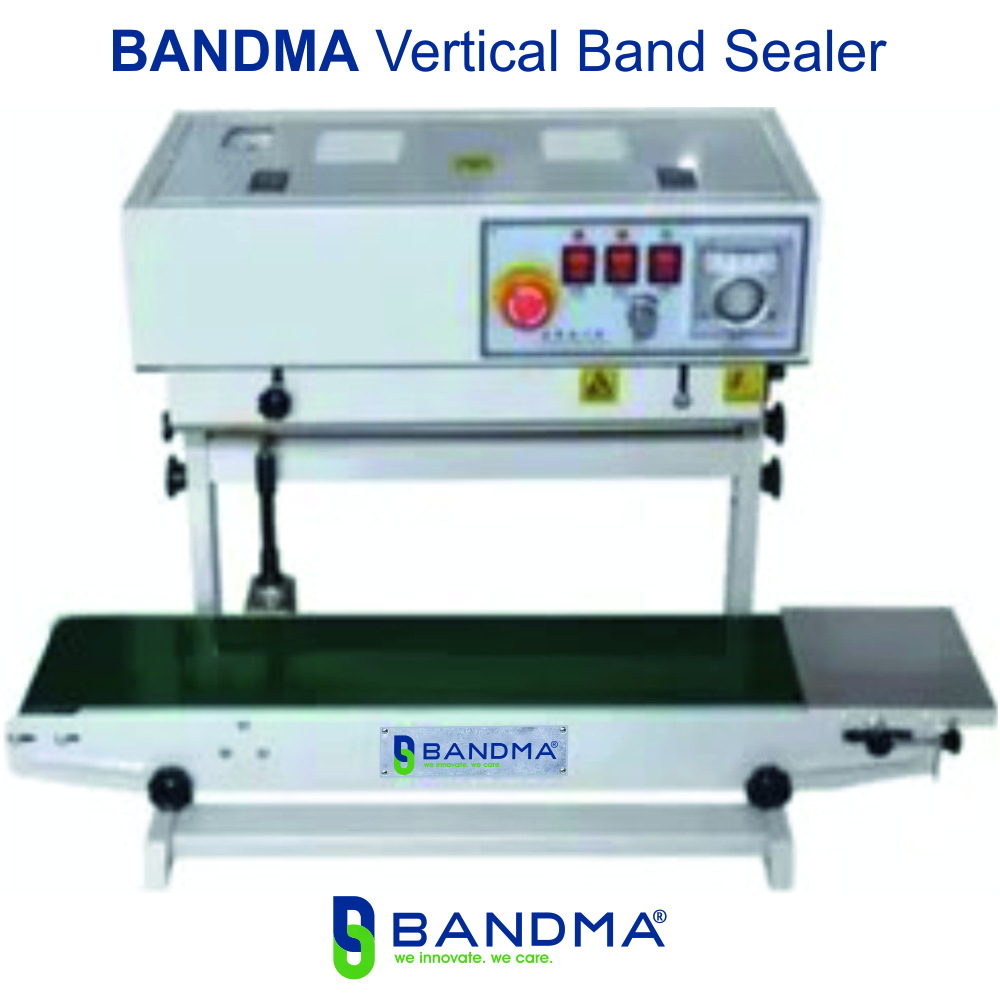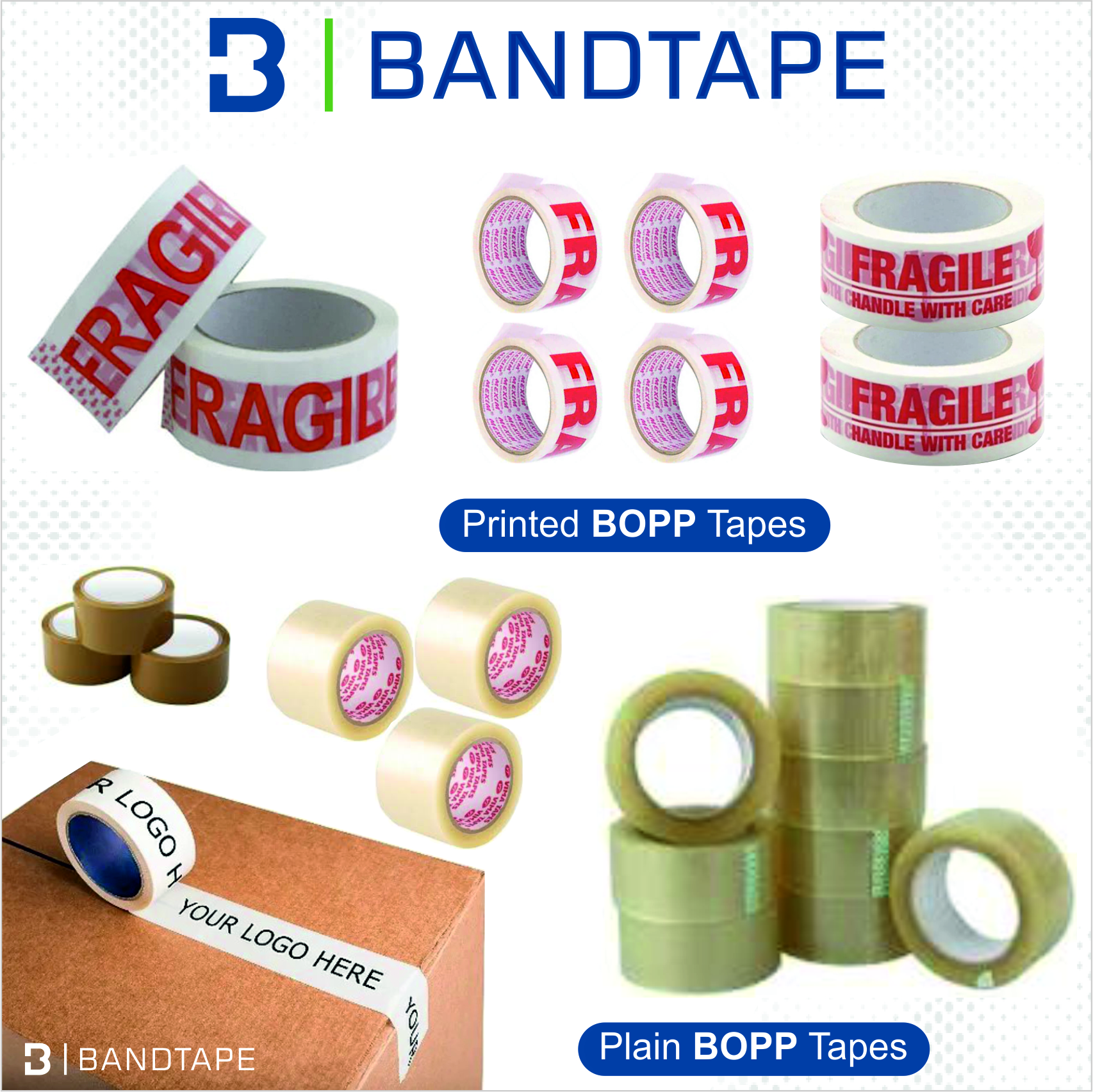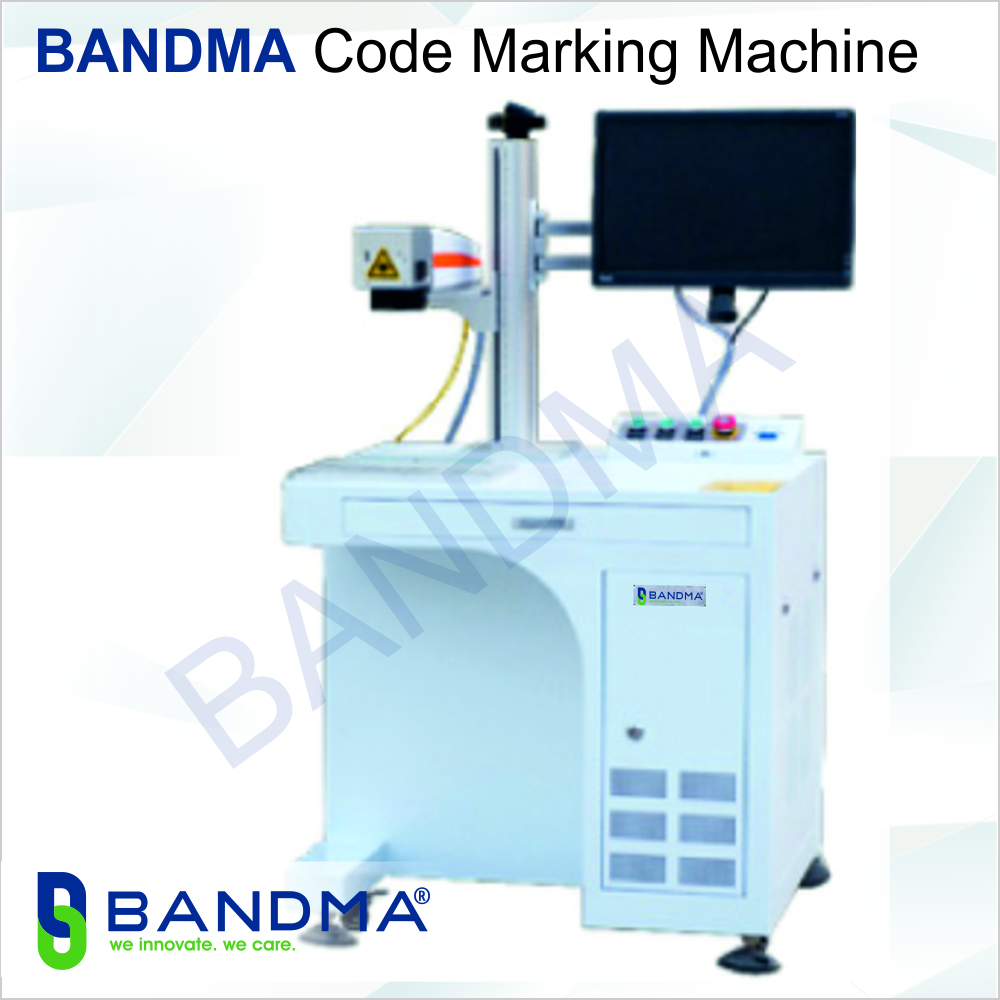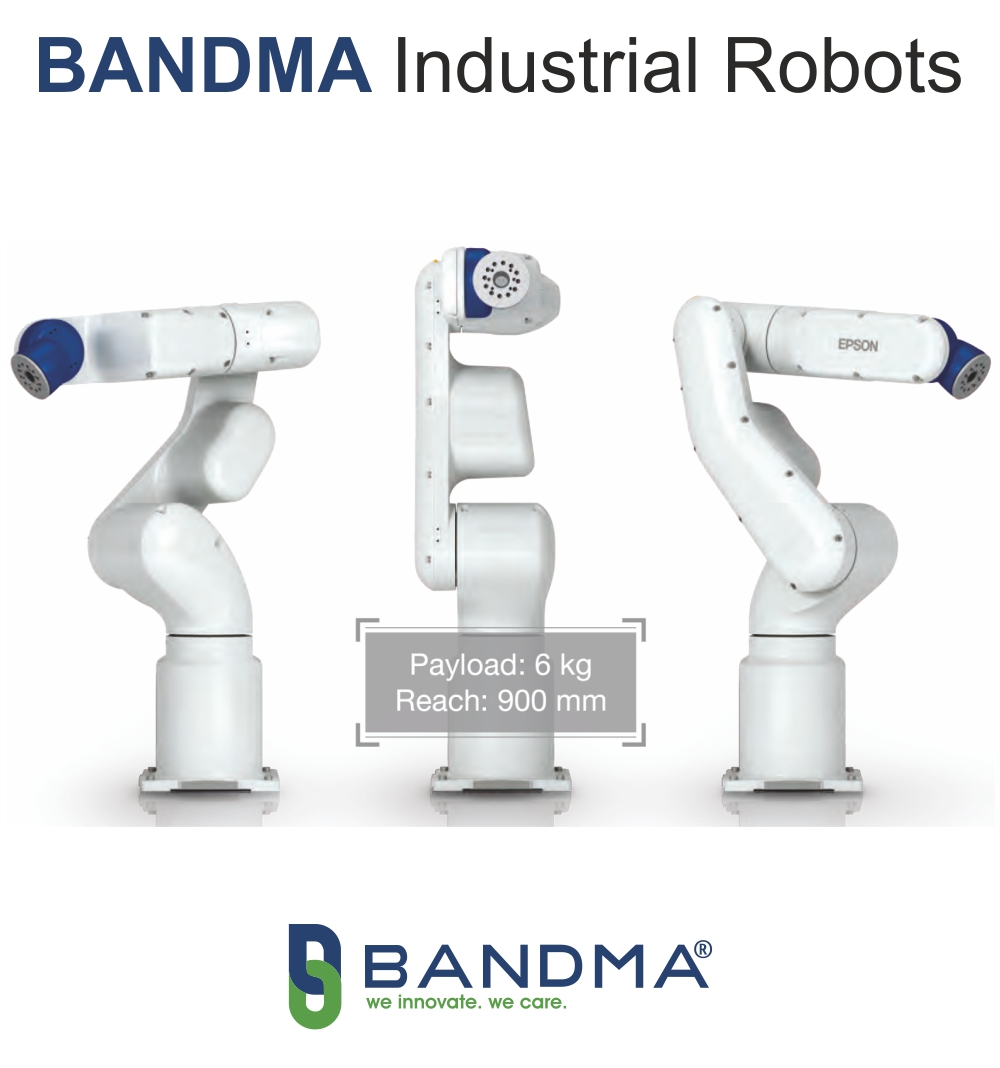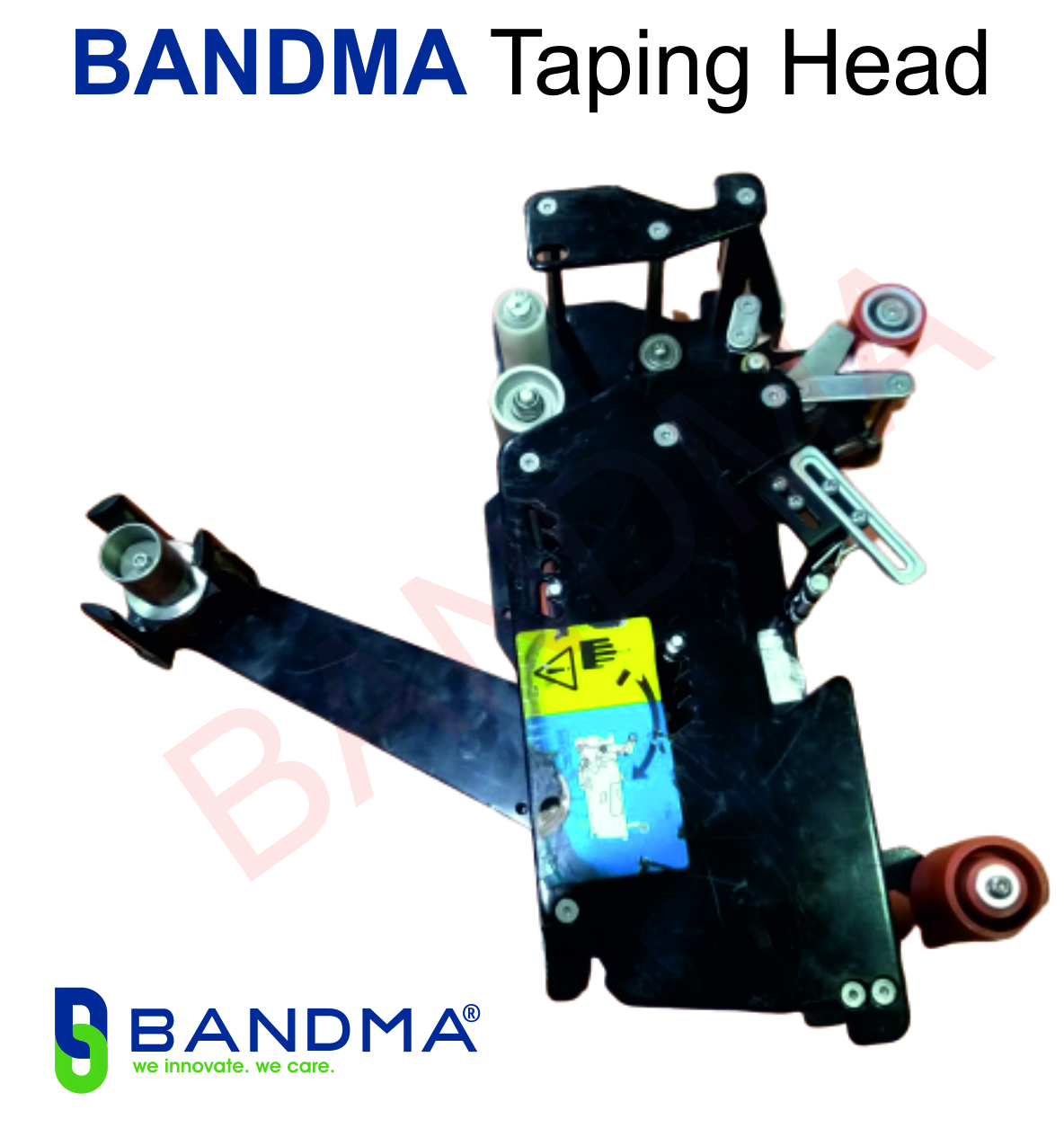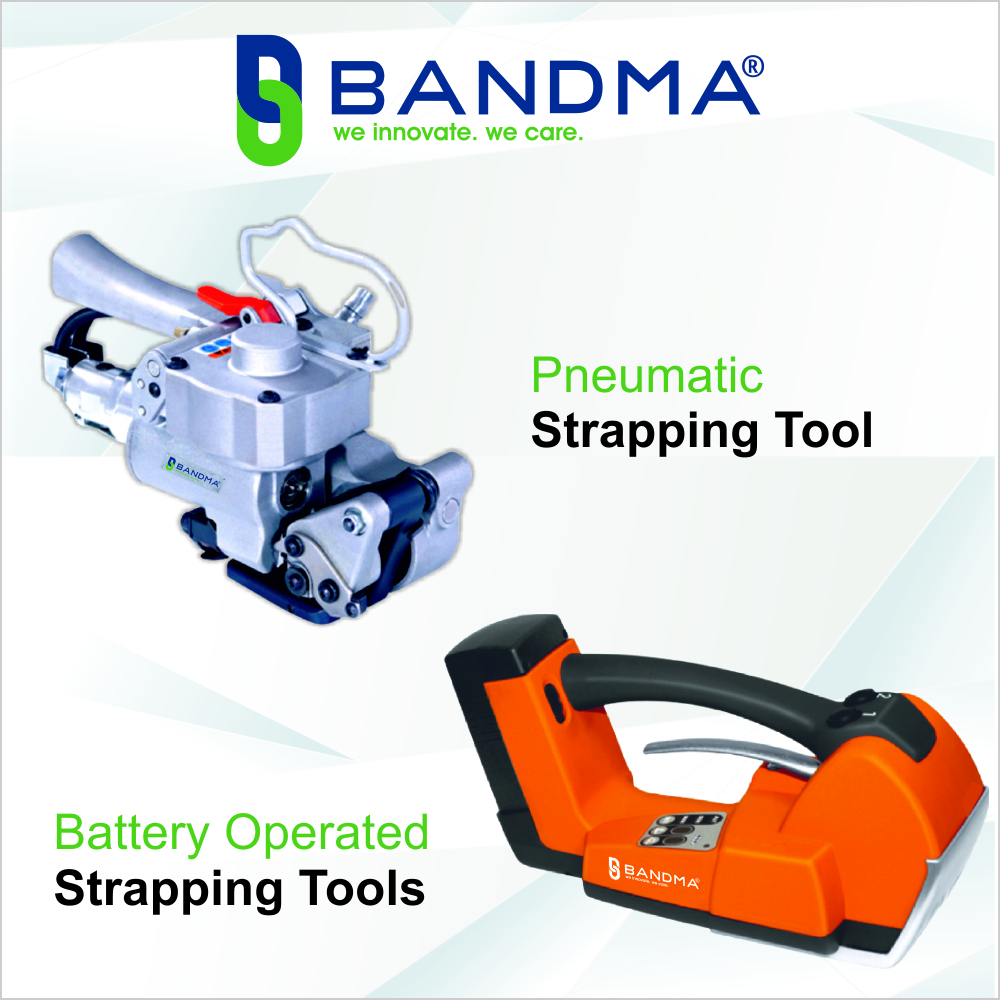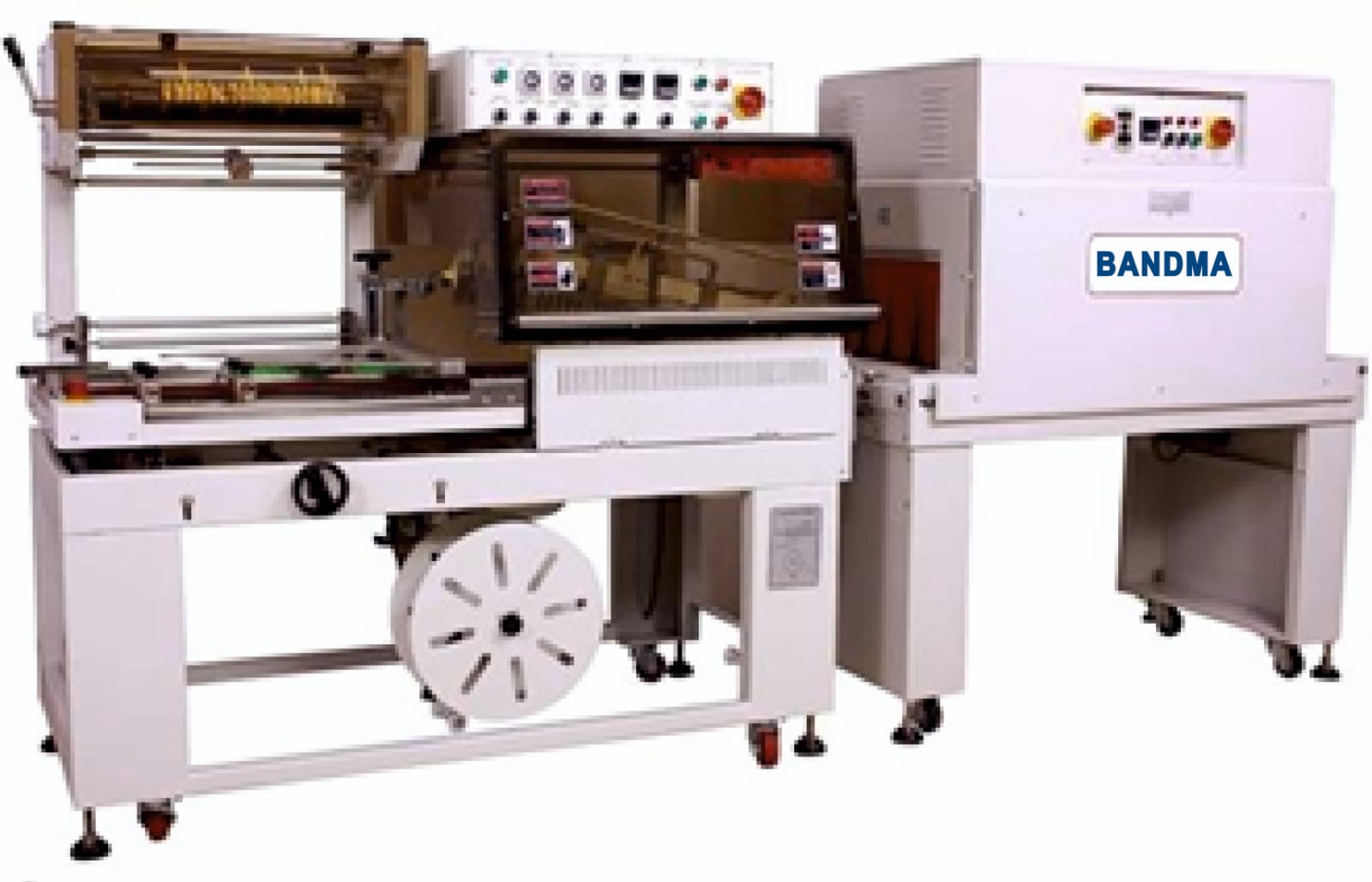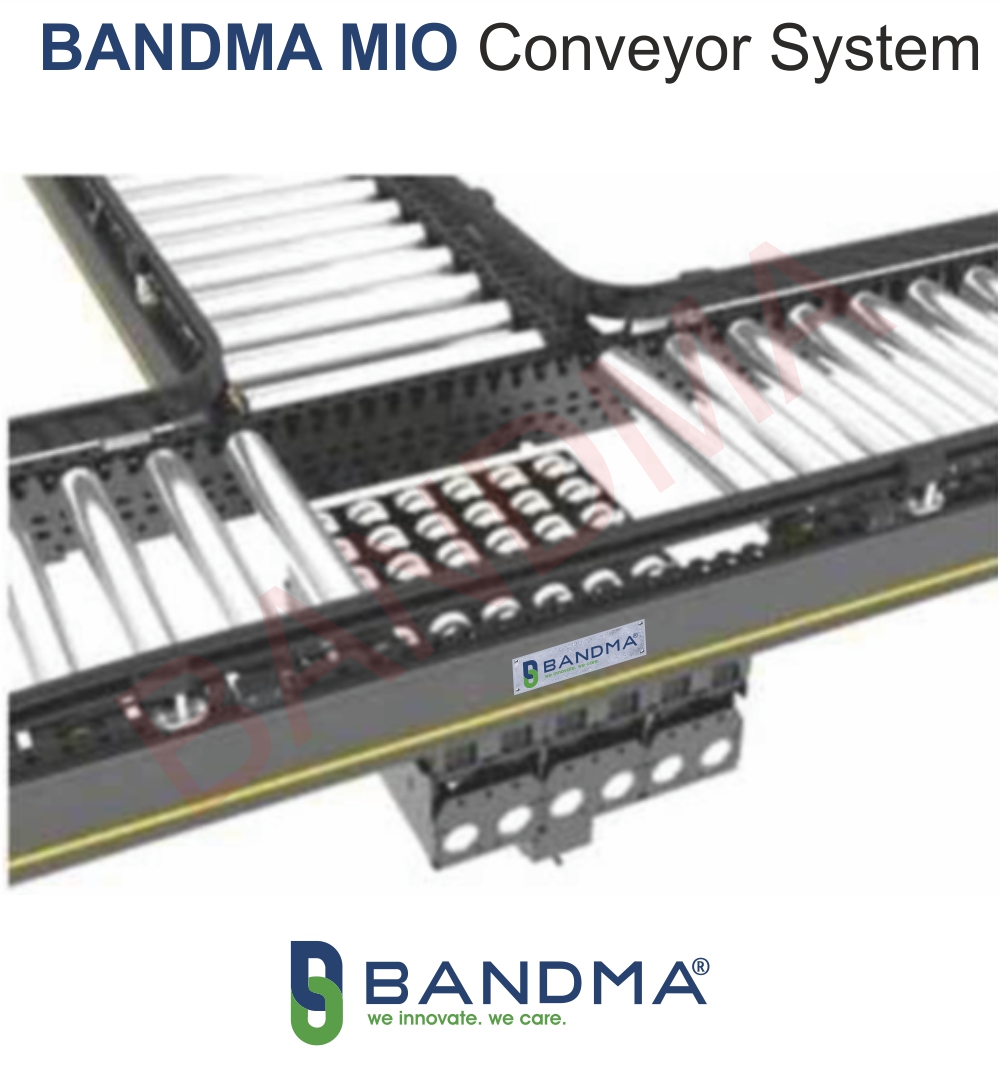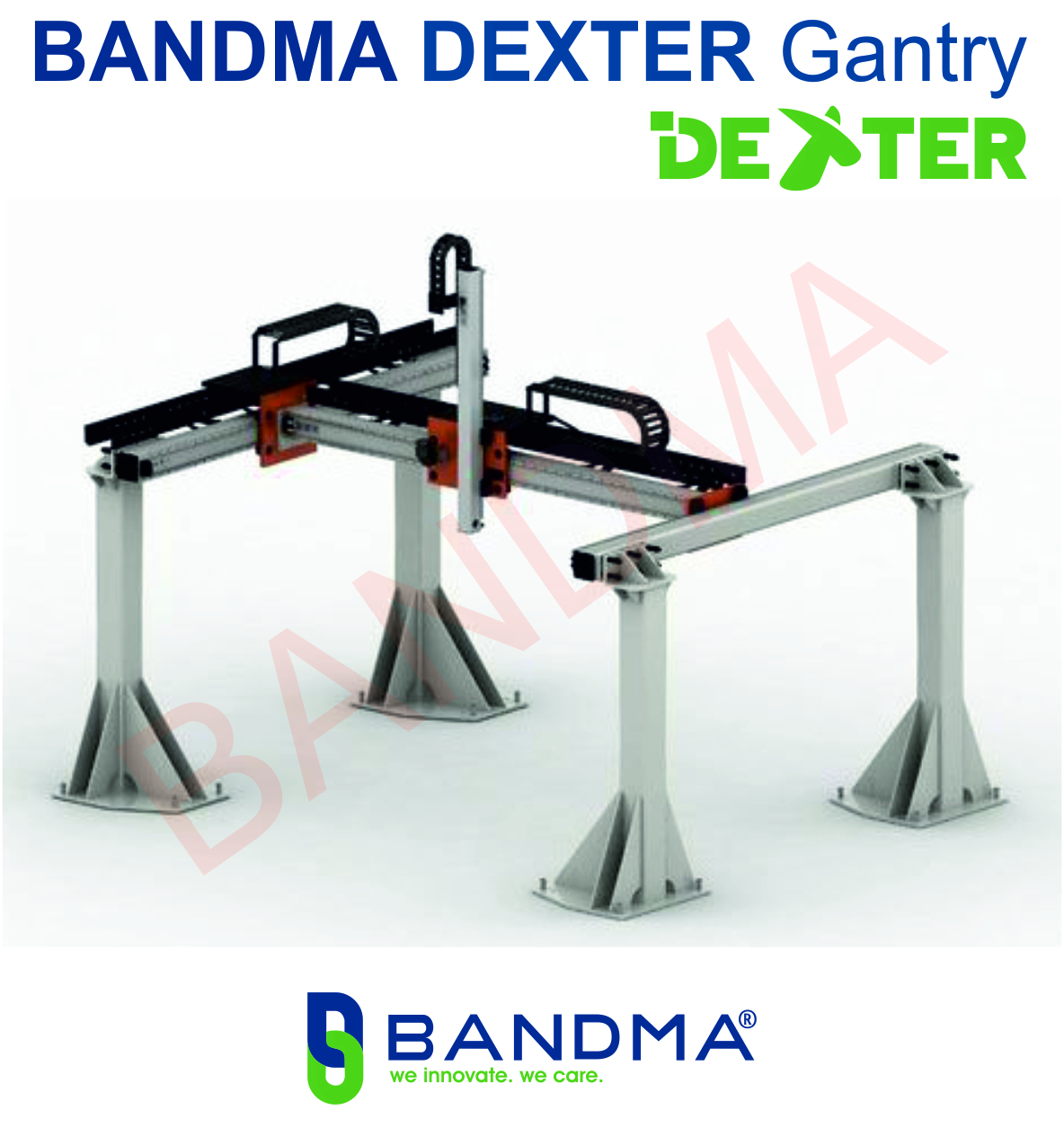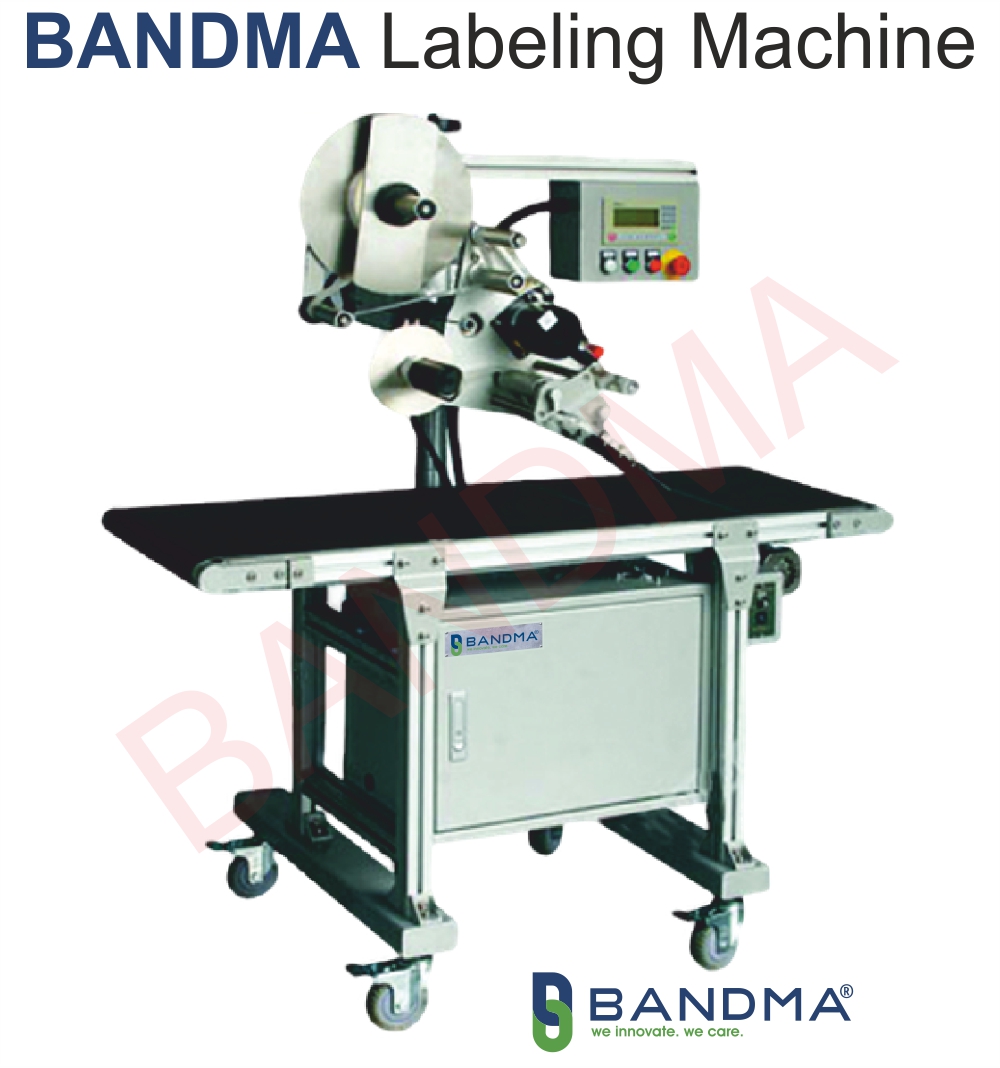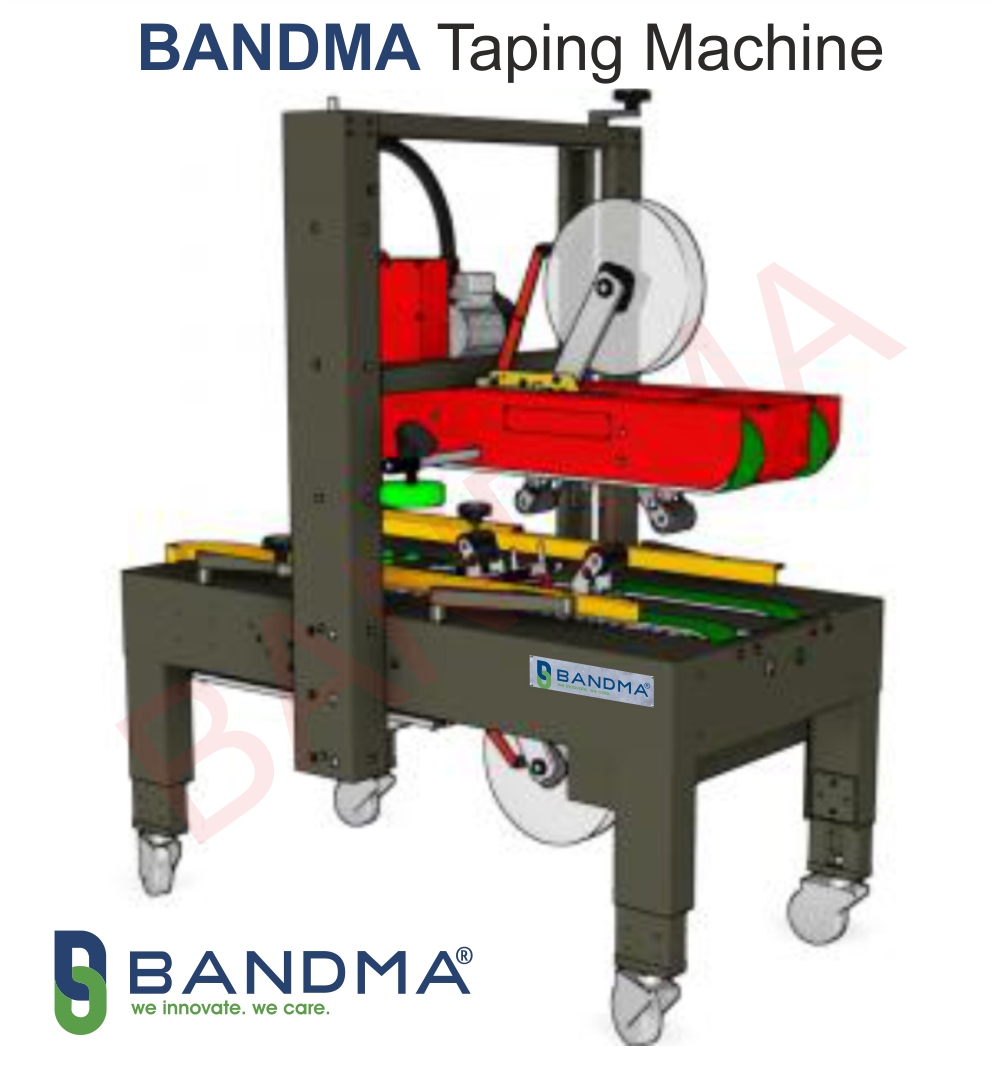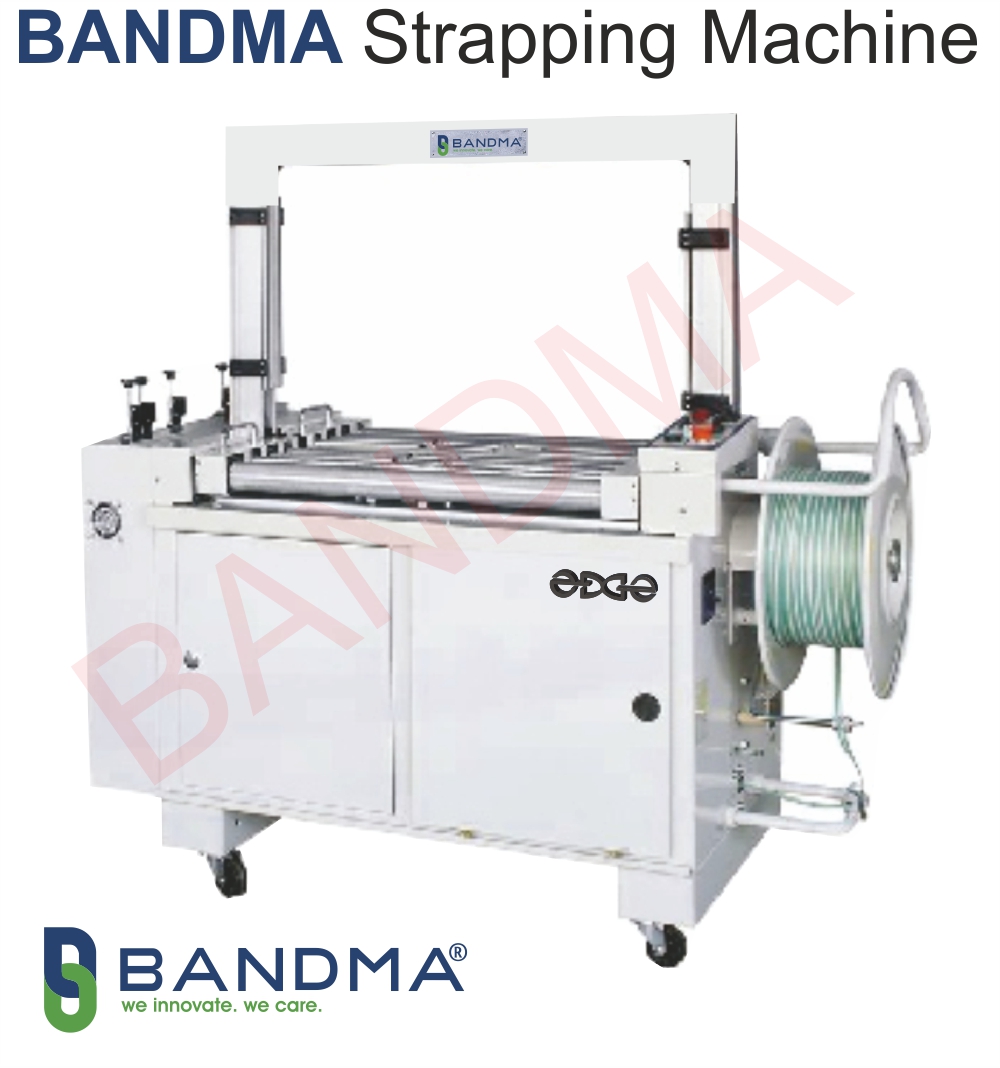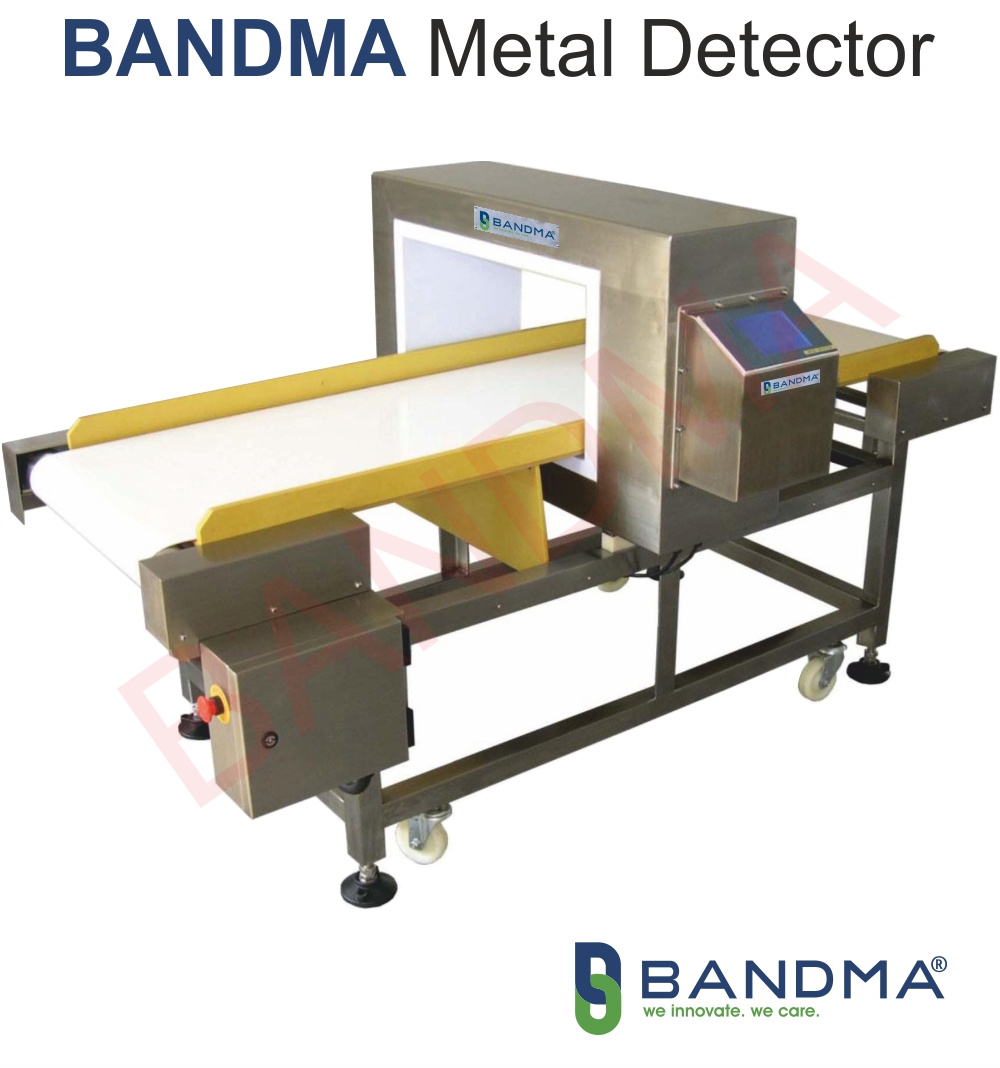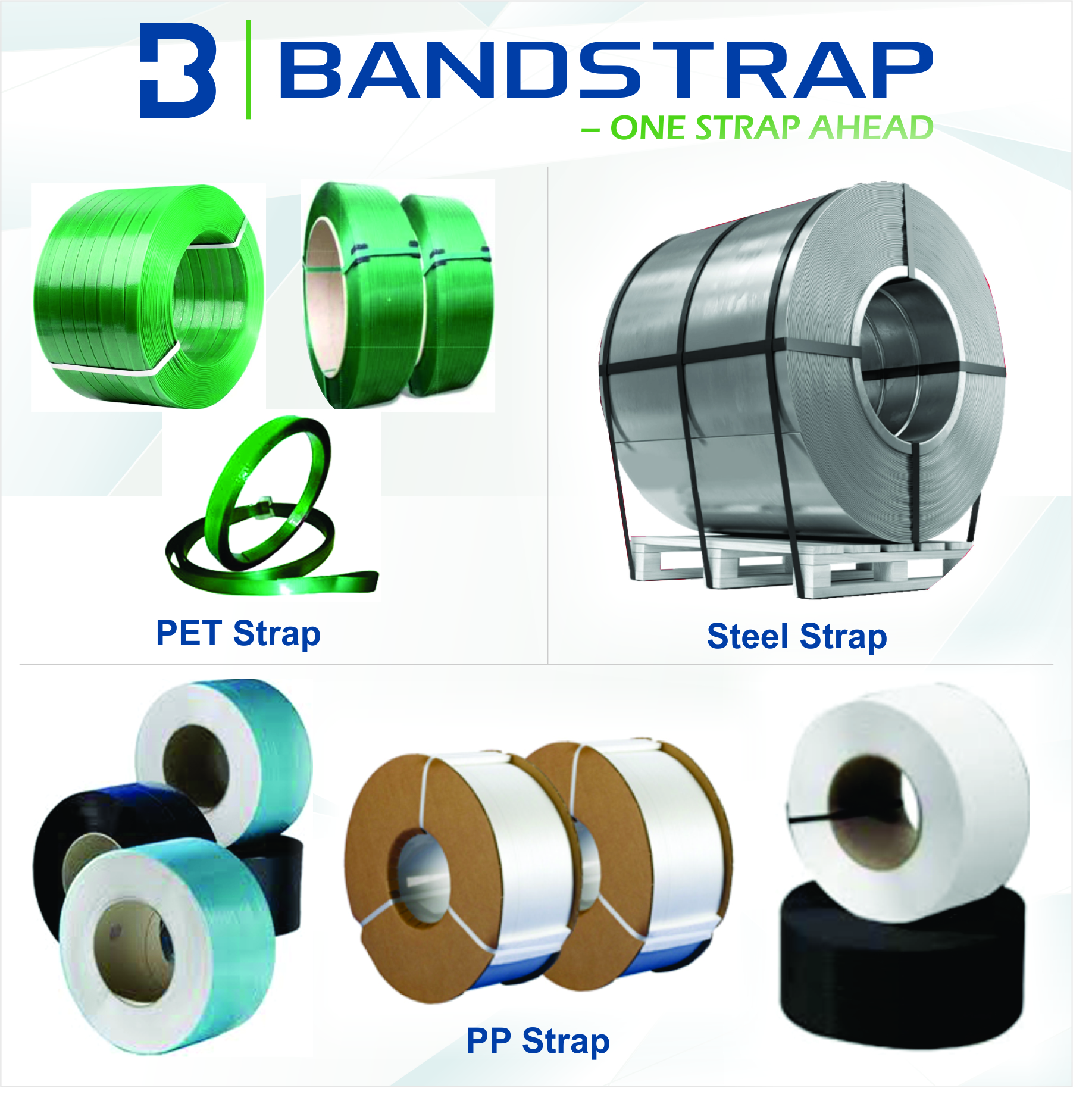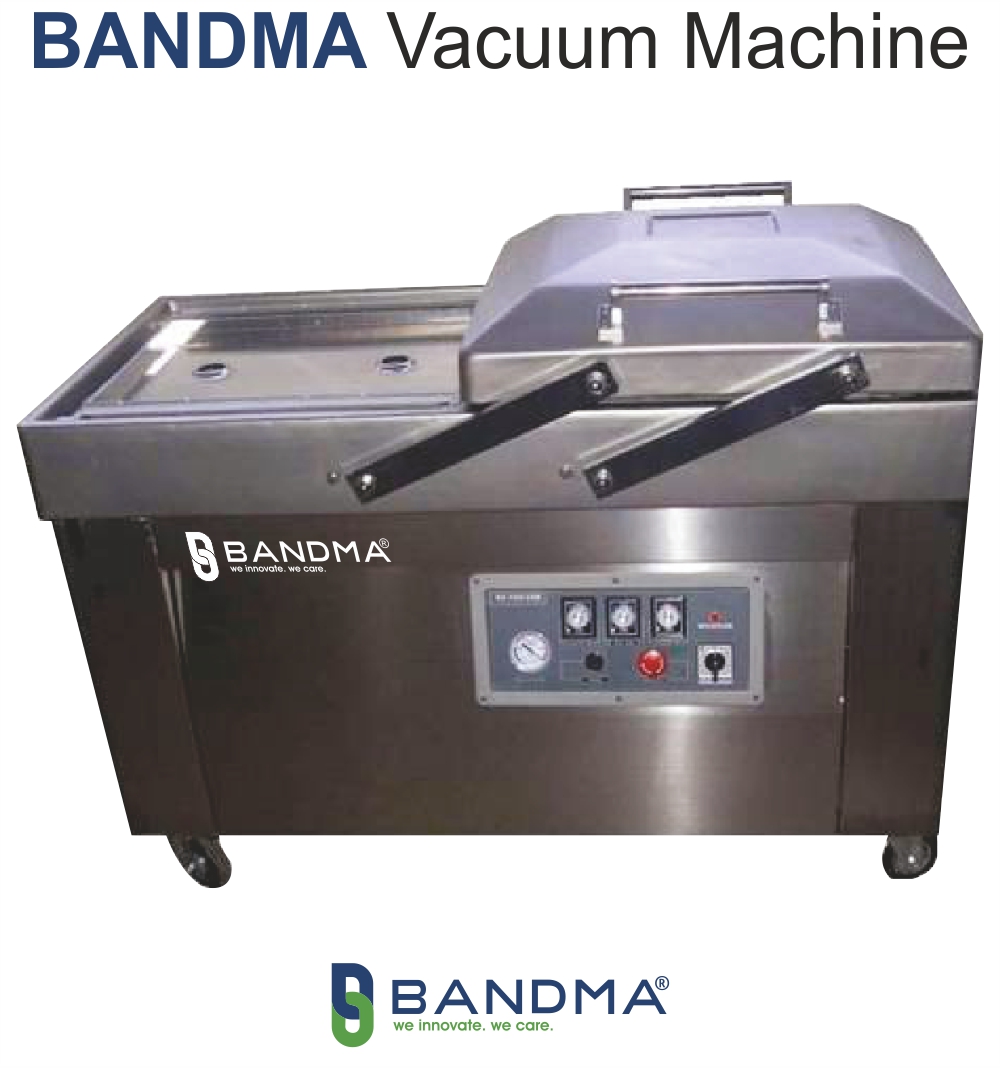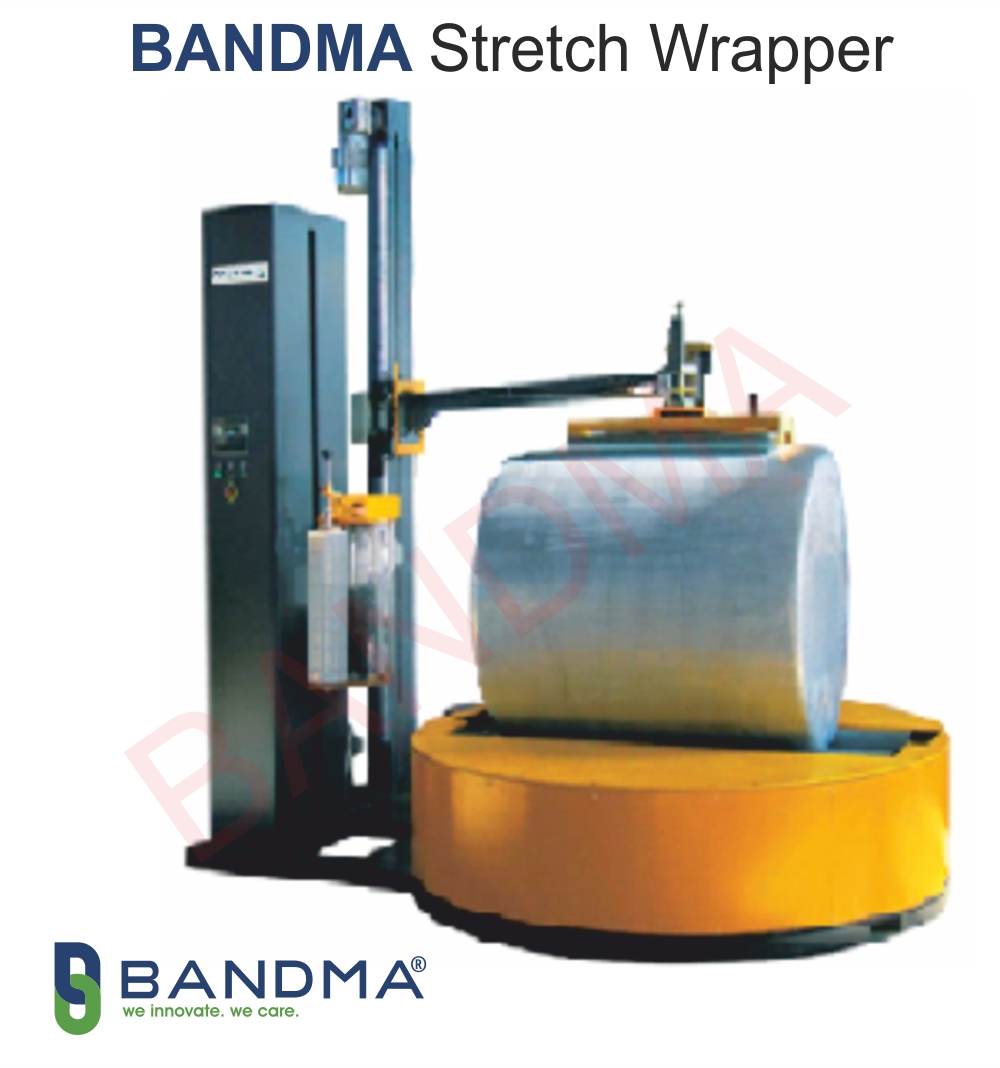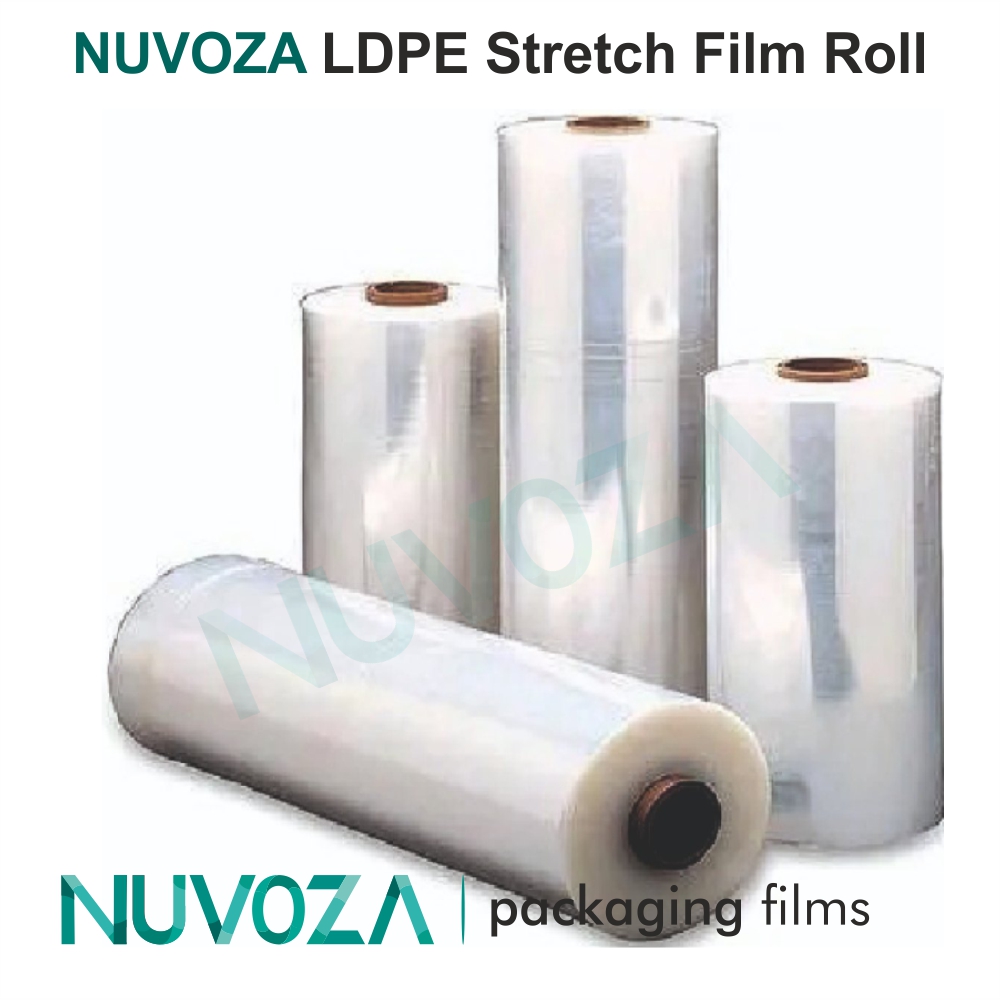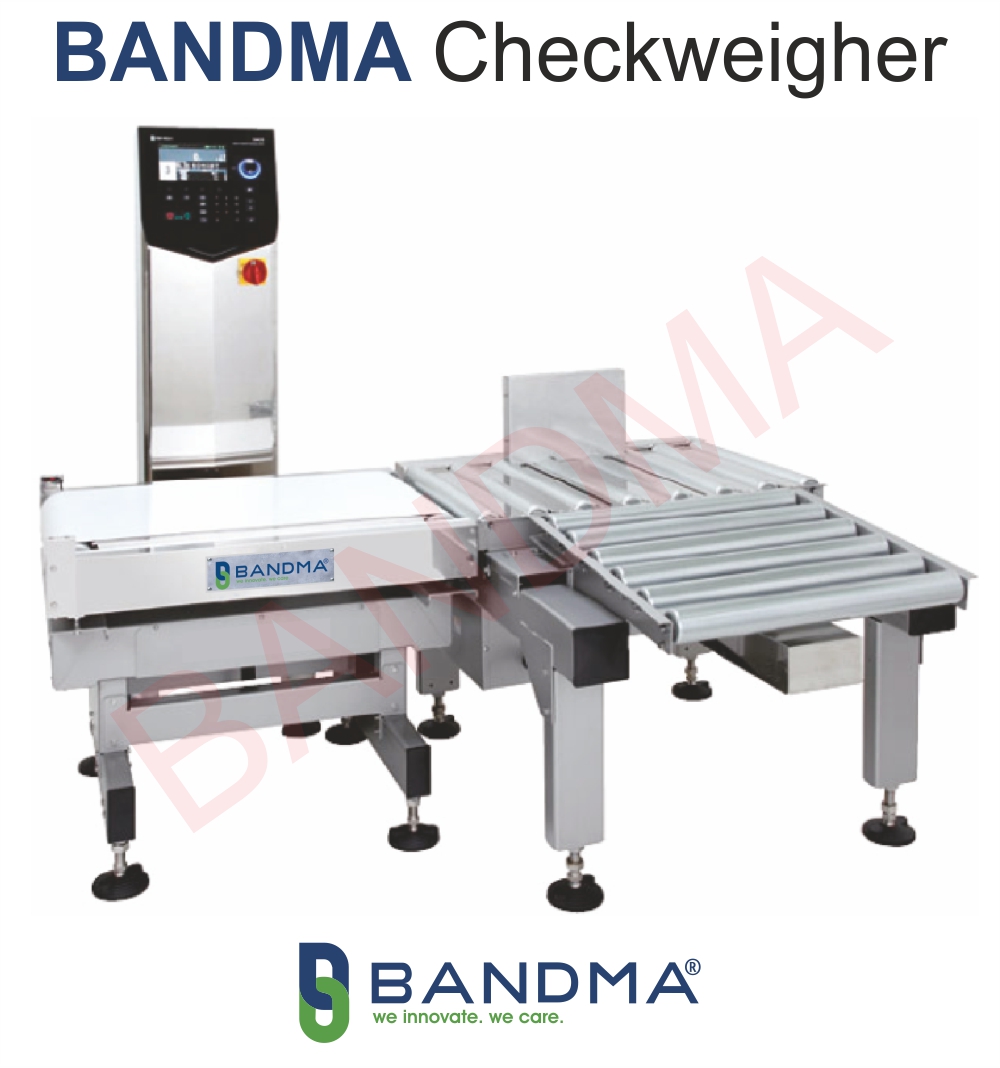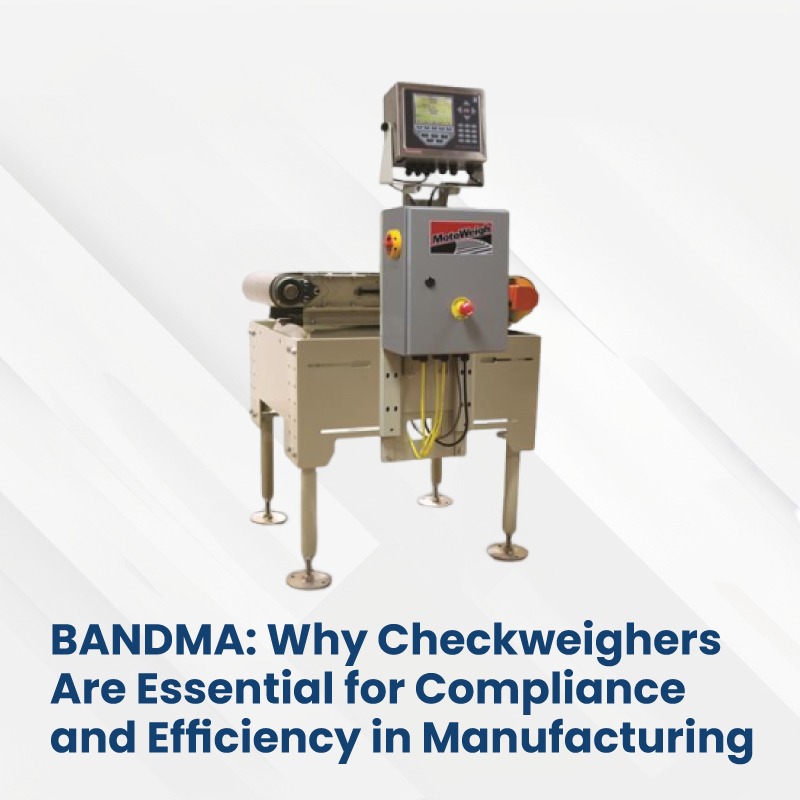It is crucial to maintain quality, efficiency, and regulatory compliance in the fast-paced manufacturing industry. A tool that has been essential in accomplishing these goals is the checkweigher. A key component of contemporary industrial processes, these automated systems are made to weigh goods as they pass down a production line.
This article examines the importance of checkweighers in manufacturing, their advantages, and the reasons that businesses seeking to maximize efficiency and guarantee compliance must use them.
What is a Checkweigher?

During production, an automated tool called a checkweigher is used to confirm the weight of goods. It is mounted on conveyor systems and weighs each item in relation to predetermined thresholds. Products that fall outside the acceptable range are automatically rejected, ensuring only compliant items proceed further in the supply chain.
Checkweighers are widely used in industries such as food and beverage, pharmaceuticals, logistics, and electronics, where precision and compliance are non-negotiable.
The Importance of Checkweighers in Manufacturing

1. Ensuring Regulatory Compliance
Strict weight accuracy requirements are frequently mandated by governments and regulatory agencies, particularly in sectors like food and medicines. Manufacturers can avoid fines and product recalls by using checkweighers to help them comply with these regulations.
2. Maintaining Product Quality
Checkweighers maintain quality standards by guaranteeing that each product satisfies weight criteria, which promotes consumer pleasure and trust.
3. Reducing Product Waste
While underfilled shipments may leave customers unhappy, overfilled ones raise production expenses. Checkweighers provide constant filling, which reduces these problems.
4. Enhancing Operational Efficiency
By automating weight checks, manual inspections are no longer necessary, which streamlines production and lowers labor expenses.
5. Data Collection and Analysis
With the sophisticated data collection features that modern checkweighers offer, manufacturers can examine production patterns and pinpoint areas in need of development.
Key Features of Modern Checkweighers

- High-Speed Weighing:
Capable of weighing thousands of products per hour with precision. - Advanced Rejection Systems:
Automatically removes non-compliant items without halting the production line. - Customizable Parameters:
Allows manufacturers to set specific weight ranges and tolerances. - Connectivity:
Integration with enterprise systems for real-time monitoring and reporting. - Robust Construction:
Built with durable materials to withstand harsh manufacturing environments.
Applications of Checkweighers in Manufacturing

1. Food and Beverage Industry
- Verifies the weight of packaged goods like snacks, beverages, and frozen foods.
- Ensures compliance with labeling regulations for net weight.
2. Pharmaceutical Industry
- Confirms the weight of tablets, capsules, and liquid medications.
- Prevents dosage errors by ensuring accurate packaging.
3. Logistics and Warehousing
- Checks the weight of parcels for shipping accuracy.
- Integrates with sorting systems for efficient distribution.
4. Consumer Goods Manufacturing
- Verifies the weight of packaged items like cosmetics and household products.
5. Electronics Industry
- Ensures the correct weight of small components like circuit boards and chips.
Benefits of Using Checkweighers

1. Improved Product Integrity
Preserves brand image by supplying goods that constantly satisfy quality requirements.
2. Cost Savings
Optimizes manufacturing costs by minimizing waste and preventing material overuse.
3. Real-Time Feedback
Offers instant insights into the operation of the production process, facilitating prompt remedial measures.
4. Enhanced Productivity
Accuracy is maintained while production rates are increased through automated processes.
5. Risk Mitigation
By guaranteeing adherence to legal and industry standards, it helps prevent fines, recalls, and customer complaints.
Factors to Consider When Choosing a Checkweigher

- Speed and Accuracy:
Verify that the system can manage the necessary production line speed without sacrificing accuracy. - Durability:
Choose versions made to withstand the unique requirements of your sector, such as moisture resistance for food processing. - Integration Capabilities:
Select systems that are compatible with the hardware and software you already have. - Ease of Maintenance:
To save downtime, use a checkweigher with easy cleaning and maintenance instructions. - Customization Options:
Verify that the system can handle your products' particular weight ranges and tolerances.
The Future of Checkweighers in Manufacturing

These gadgets are becoming essential parts of intelligent manufacturing processes because to innovations like machine learning algorithms, IoT connectivity, and sophisticated data analytics. Checkweighers will become even more beneficial in the years to come because to these developments, which promise increased accuracy, decreased waste, and improved operational insights.
Why Choose Bandma for Checkweigher Solutions?

Modern checkweigher systems designed to satisfy the needs of contemporary industry are our specialty at Bandma. Our solutions are made to be precise, long-lasting, and easily integrated into current manufacturing lines, guaranteeing efficiency and compliance at every stage.
Get in touch with us right now to find out how our checkweigher systems can improve your production procedures and guarantee that your company maintains its lead in a cutthroat industry.
Conclusion
Checkweighers are vital instruments for upholding compliance, guaranteeing quality, and maximizing factory efficiency; they are more than just weighing devices. By adding checkweighers to your production line, you may save a lot of money and improve operations while also protecting the reputation of your brand.
Investing in advanced checkweigher technology today will position your business for success in a competitive and increasingly regulated marketplace.

